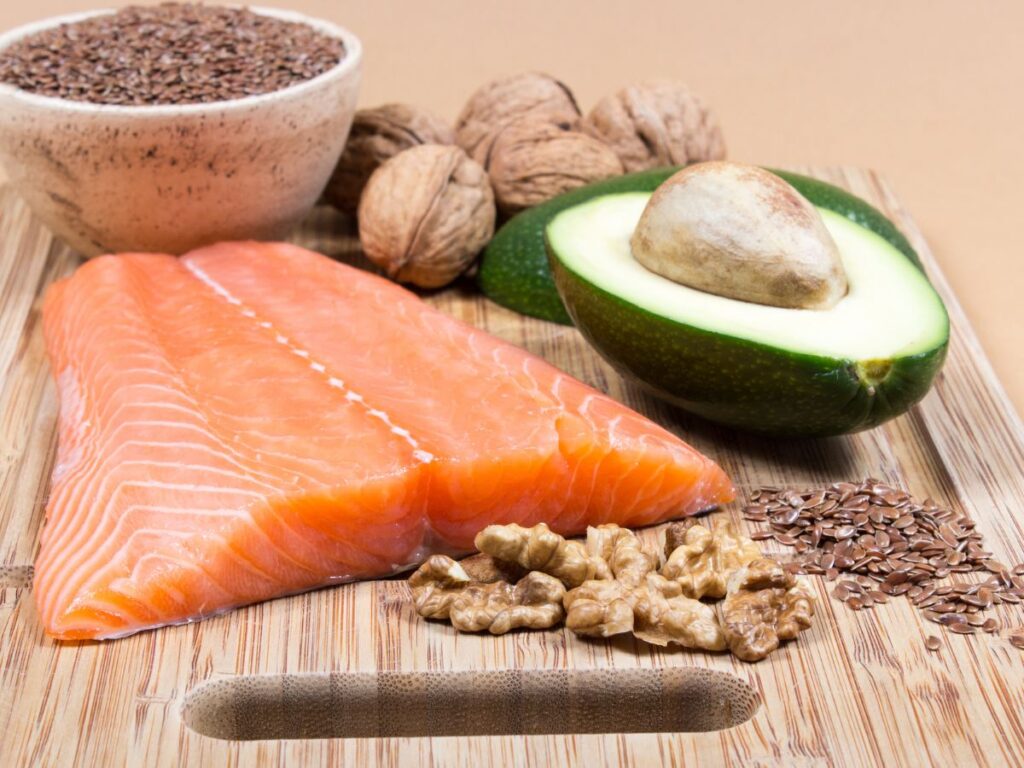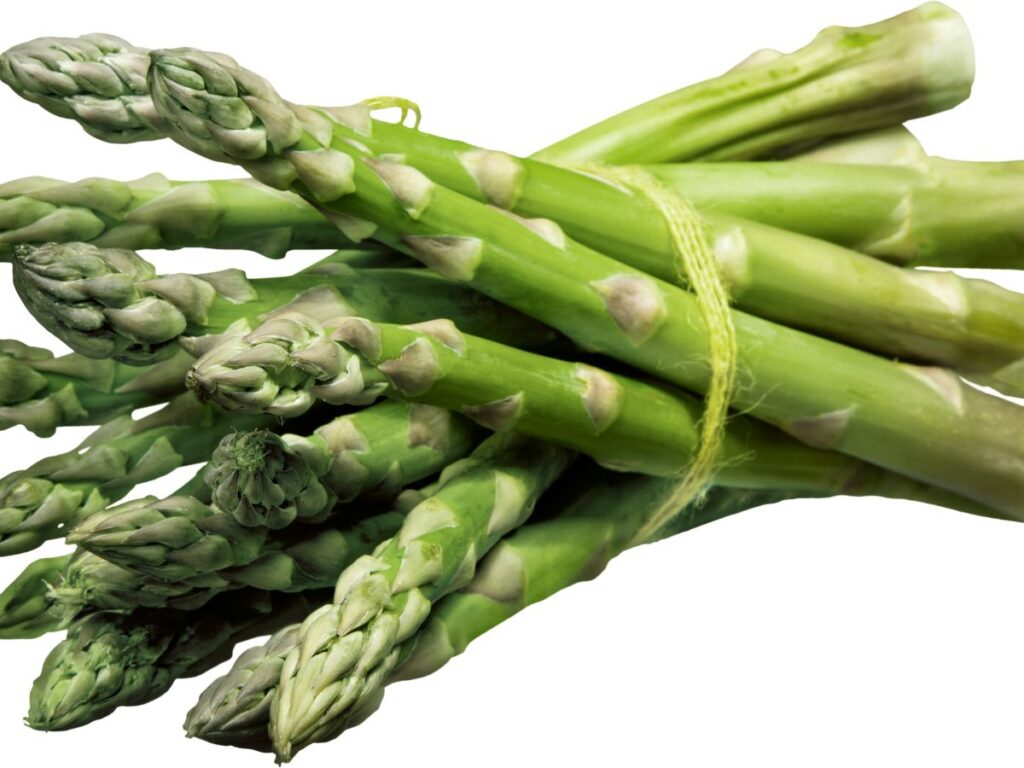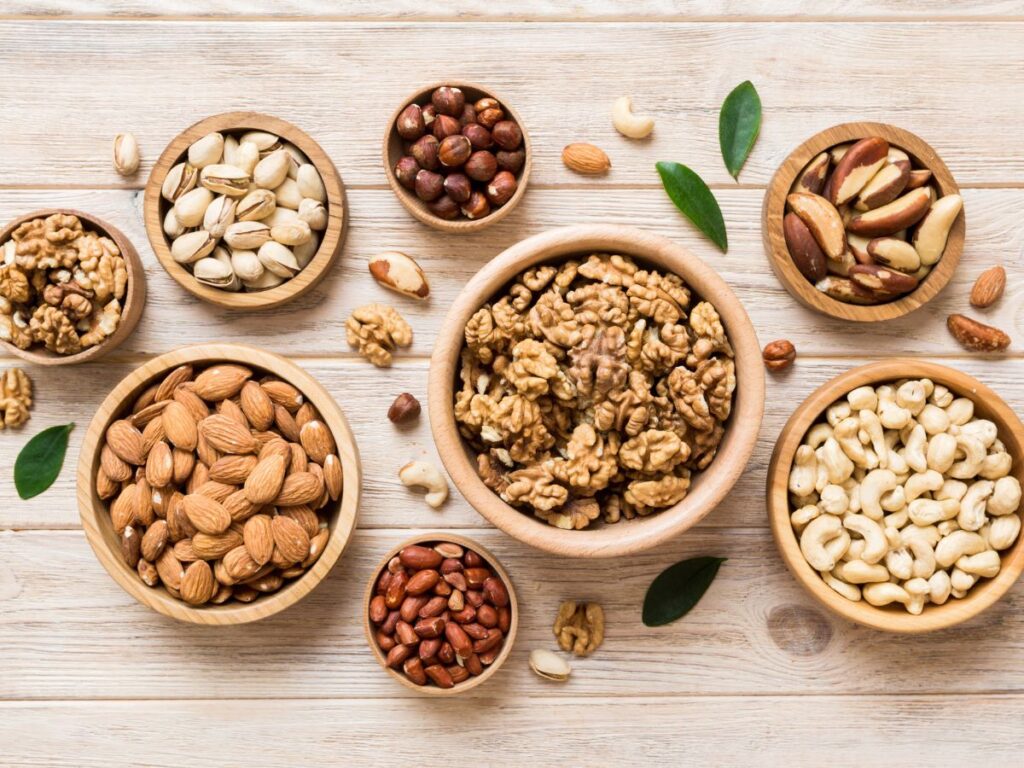Lower your cholesterol levels with these foods
Discover cholesterol-lowering foods that not only promote a healthier lifestyle but also aid in preventing heart disease by reducing unhealthy cholesterol levels. Understanding which foods can diminish cholesterol is vital for maintaining cardiovascular health.
Foods that lower cholesterol levels are readily available throughout the year. Various factors can impact cardiovascular health, with poor diet and lifestyle choices increasing the risk of heart disease.
Cholesterol also plays a significant role in overall health. According to the World Health Organization (WHO), cardiovascular diseases (CVD) are the primary cause of global mortality, claiming an estimated 17.9 million lives annually.
Elevated cholesterol levels pose a significant risk for heart disease. This article provides information on specific foods known for their cholesterol-reducing properties.
Cholesterol-Lowering Foods
Fresh fruits are crucial for your health as they are rich in nutrients and aid in weight loss. They are also high in fiber. To maintain a healthy heart, incorporate a bowl of fresh fruit into your daily diet. Don’t overlook the importance of adding berries to your meals as well, as they are packed with plant compounds that can help reduce LDL cholesterol levels.
For individuals dealing with high cholesterol, adhering to these dietary recommendations diligently can yield positive results in a short period of time.
Fatty Fish
Fatty fish are abundant in omega-3 fatty acids, which are essential nutrients for heart health. They can effectively improve cholesterol levels and reduce inflammation. Consuming fish regularly can contribute to better heart health by helping to regulate blood pressure.
Green Leafy Vegetables
Green leafy vegetables offer numerous health benefits. Spinach, in particular, has been linked to a decreased risk of heart disease and can help alleviate oxidative stress. Incorporating green leafy vegetables into your diet is highly recommended for overall health and well-being.
Garlic:
Garlic is commonly used to add extra flavor to food and is also packed with many medicinal properties. It is known for its antibacterial properties. Allicin, a powerful plant component in garlic, is believed to contribute to these benefits. According to studies, garlic can help control bad cholesterol levels and boost overall health.
Grain:
Cereals are loaded with fiber and essential minerals that collectively contribute to better heart health. Oatmeal is a great option to choose and can help control bad cholesterol levels.
Malta:
Malts not only help in controlling cholesterol levels but also aid in digestion and transport cholesterol into the bloodstream. Consuming a glass of malt juice daily provides a large amount of vitamin C to the body and does not increase the level of unhealthy cholesterol.
Apple:
Apples are also beneficial in preventing obesity. Eating an apple daily helps prevent cholesterol from accumulating in the arteries.
Apricot:
Apricots are a fruit rich in nutrients that can help increase good cholesterol levels while reducing bad cholesterol. Additionally, the antioxidants present in apricots provide protection against various diseases.
Red Grapes:
Red grapes are also an excellent natural fruit for lowering cholesterol levels and providing protection against heart disease. They are high in fiber, and according to medical research, consuming red grapes daily for six weeks can reduce harmful cholesterol levels by up to 14 percent.
Coriander:
Coriander, especially dried coriander, contains compounds that help maintain healthy cholesterol levels. Individuals with high cholesterol should incorporate dried coriander regularly into their diet.
Legumes:
Legumes such as lentils, chickpeas, and beans are rich in soluble fiber, which helps to lower LDL (bad) cholesterol levels.
Asparagus Husk:
Asparagus husks contain dietary fiber, which not only improves the digestive system but also aids in eliminating excess cholesterol.
Fenugreek Seeds:
Fenugreek seeds are believed to be beneficial in controlling various types of cholesterol. Consumption of fenugreek seeds can reduce the risk of high cholesterol and improve blood circulation.
Green Tea and Amla:
Rich in antioxidants and amino acids, green tea and amla also contribute to controlling cholesterol levels.
Avocados:
Avocados are packed with monounsaturated fats, which can help raise HDL (good) cholesterol levels while lowering LDL cholesterol.
Nuts:
Nuts like almonds, walnuts, and pistachios contain heart-healthy fats, fiber, and plant sterols that can help reduce cholesterol levels.
Conclusion,
the significance of maintaining healthy cholesterol levels cannot be overstated in the pursuit of overall well-being. By incorporating cholesterol-lowering foods into your diet, you not only promote a healthier lifestyle but also reduce the risk of heart disease. These foods, rich in nutrients and antioxidants, play a crucial role in combating elevated cholesterol levels, a major contributor to cardiovascular diseases. From fresh fruits and fatty fish to green leafy vegetables and garlic, each item discussed in this article offers unique benefits in maintaining cholesterol levels within a healthy range.
Additionally, the inclusion of grains, malta, apples, apricots, red grapes, coriander, asparagus husk, nuts, avocados, fenugreek seeds, and green tea with amla in your diet can contribute significantly to your cardiovascular health. By making informed dietary choices and incorporating these cholesterol-lowering foods into your daily meals, you take proactive steps toward safeguarding your heart health and overall well-being.







